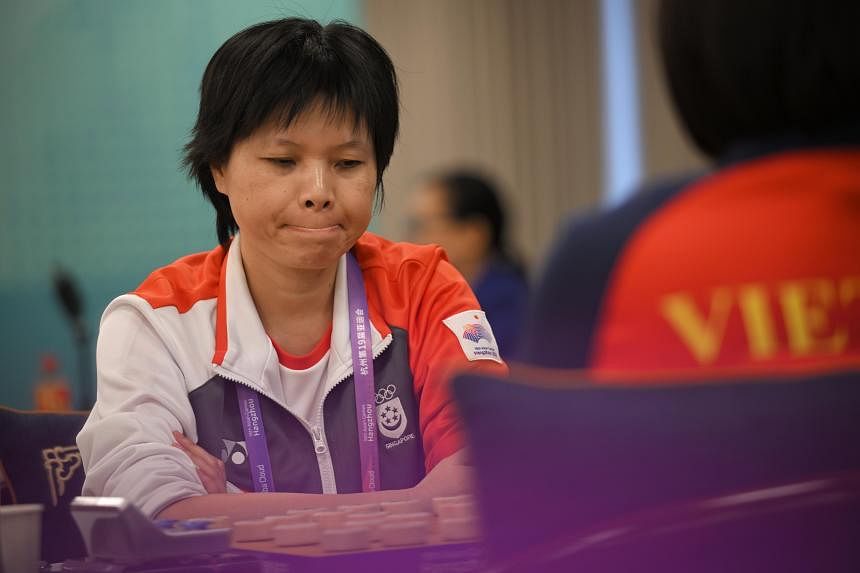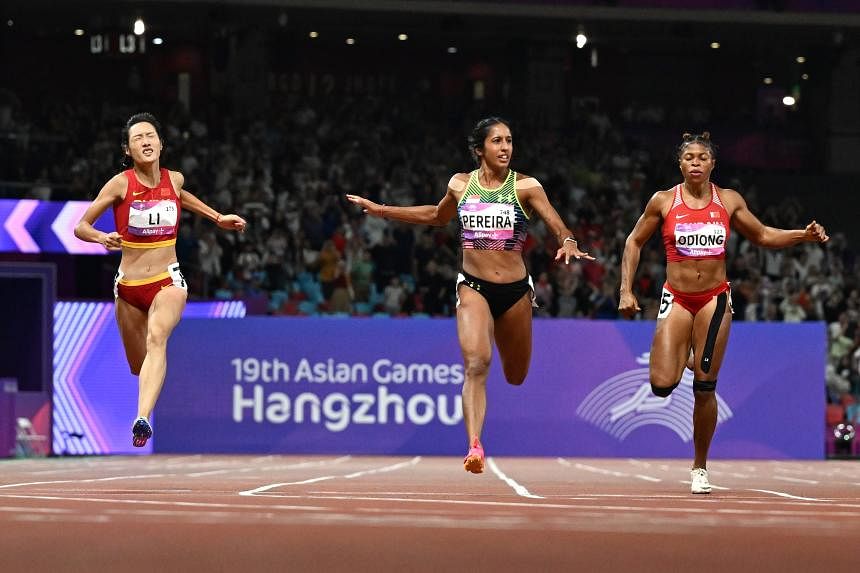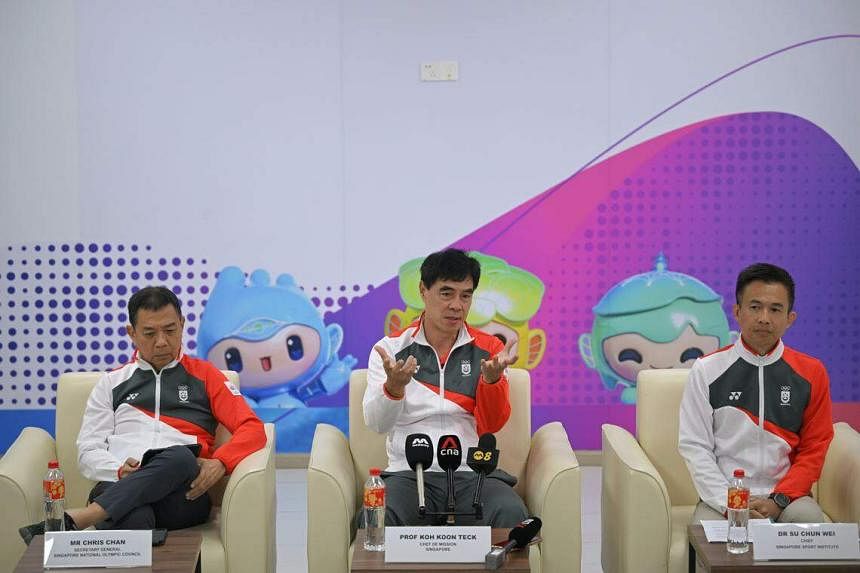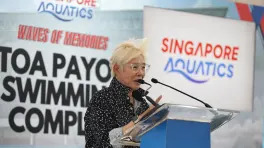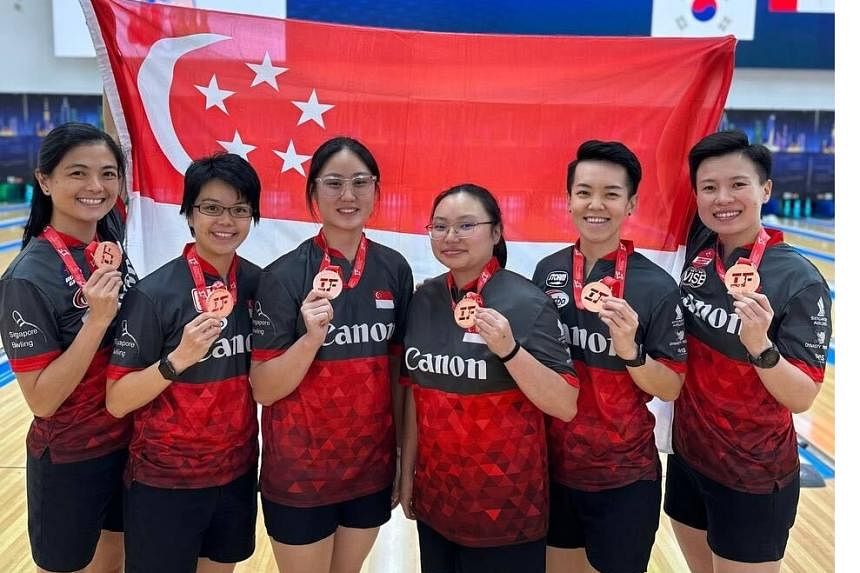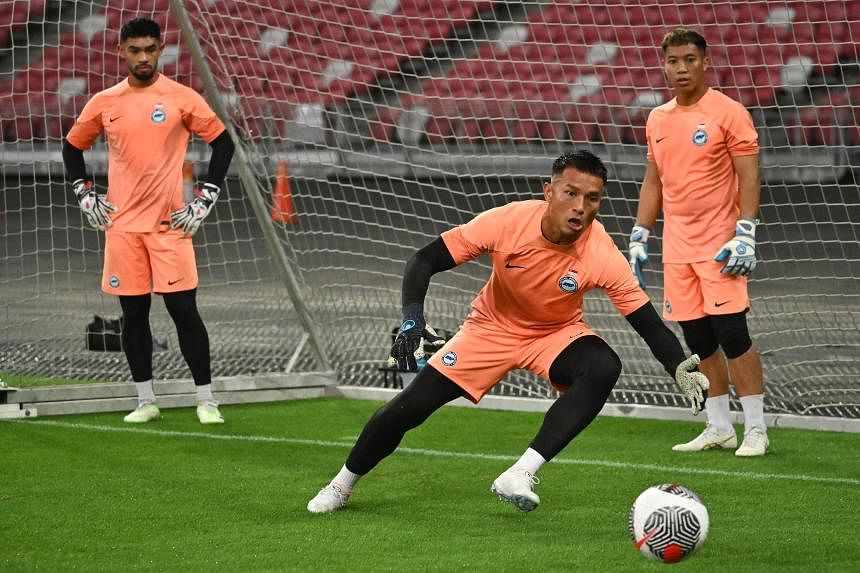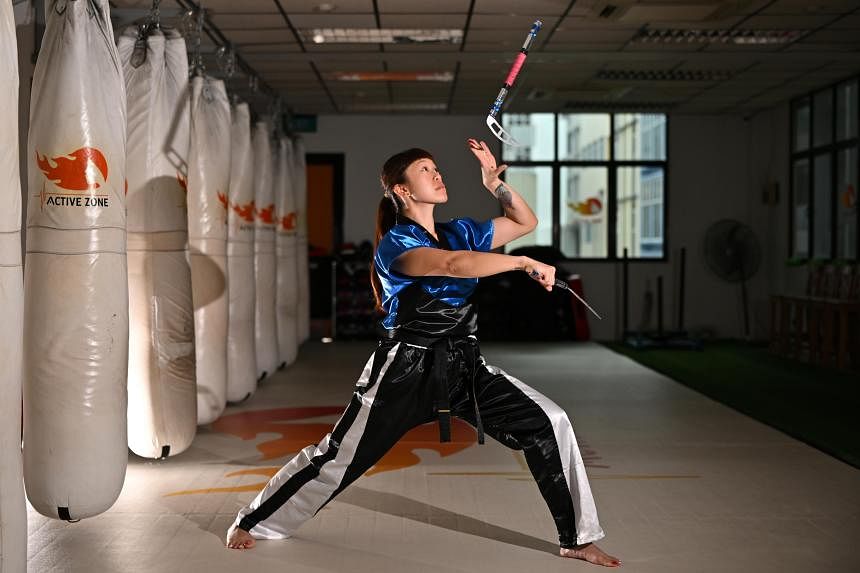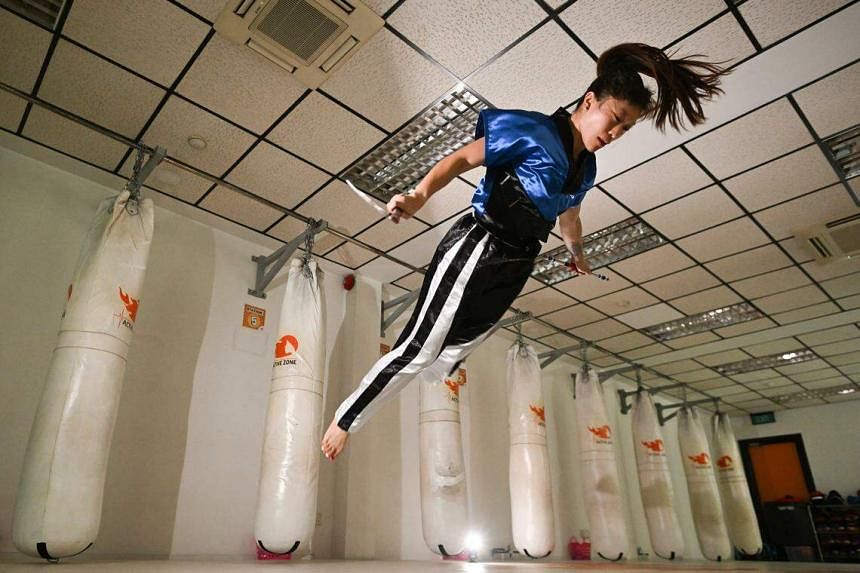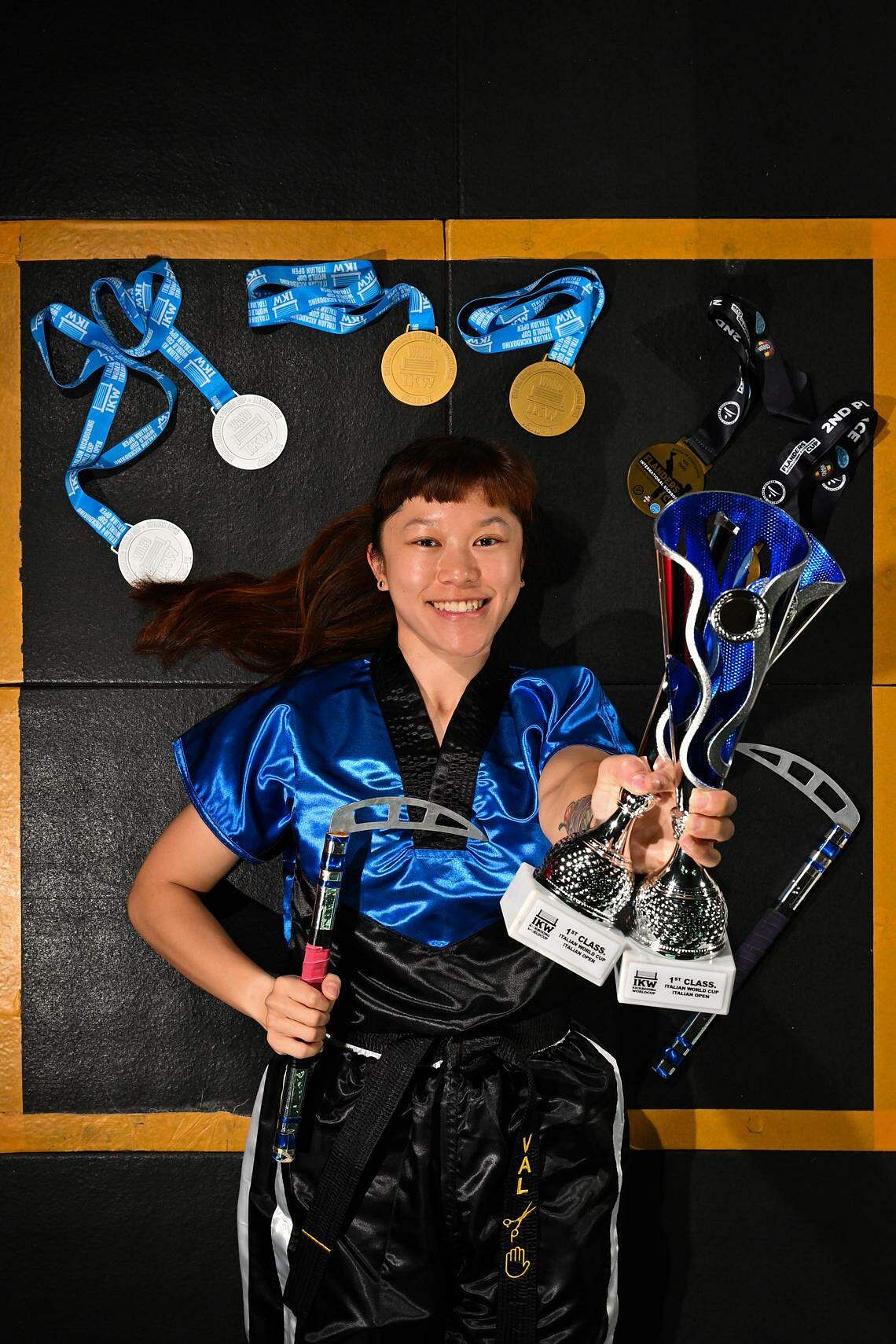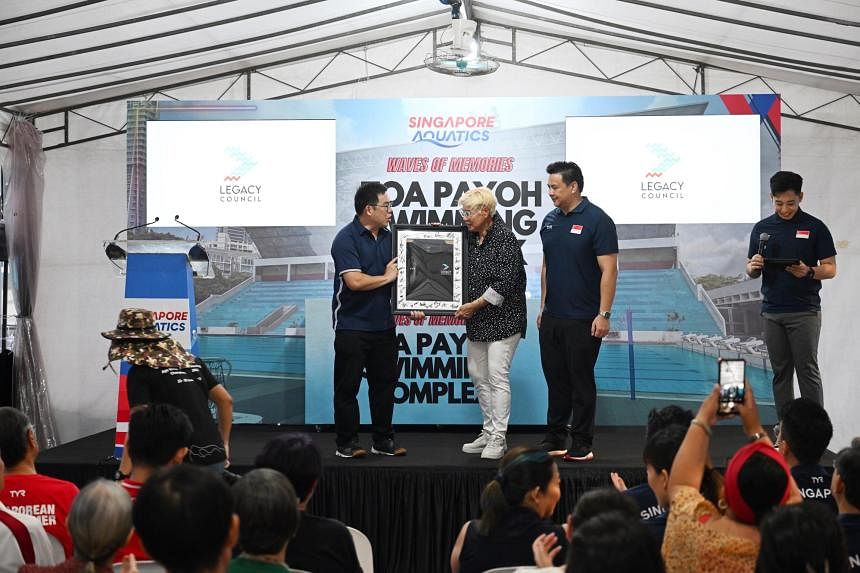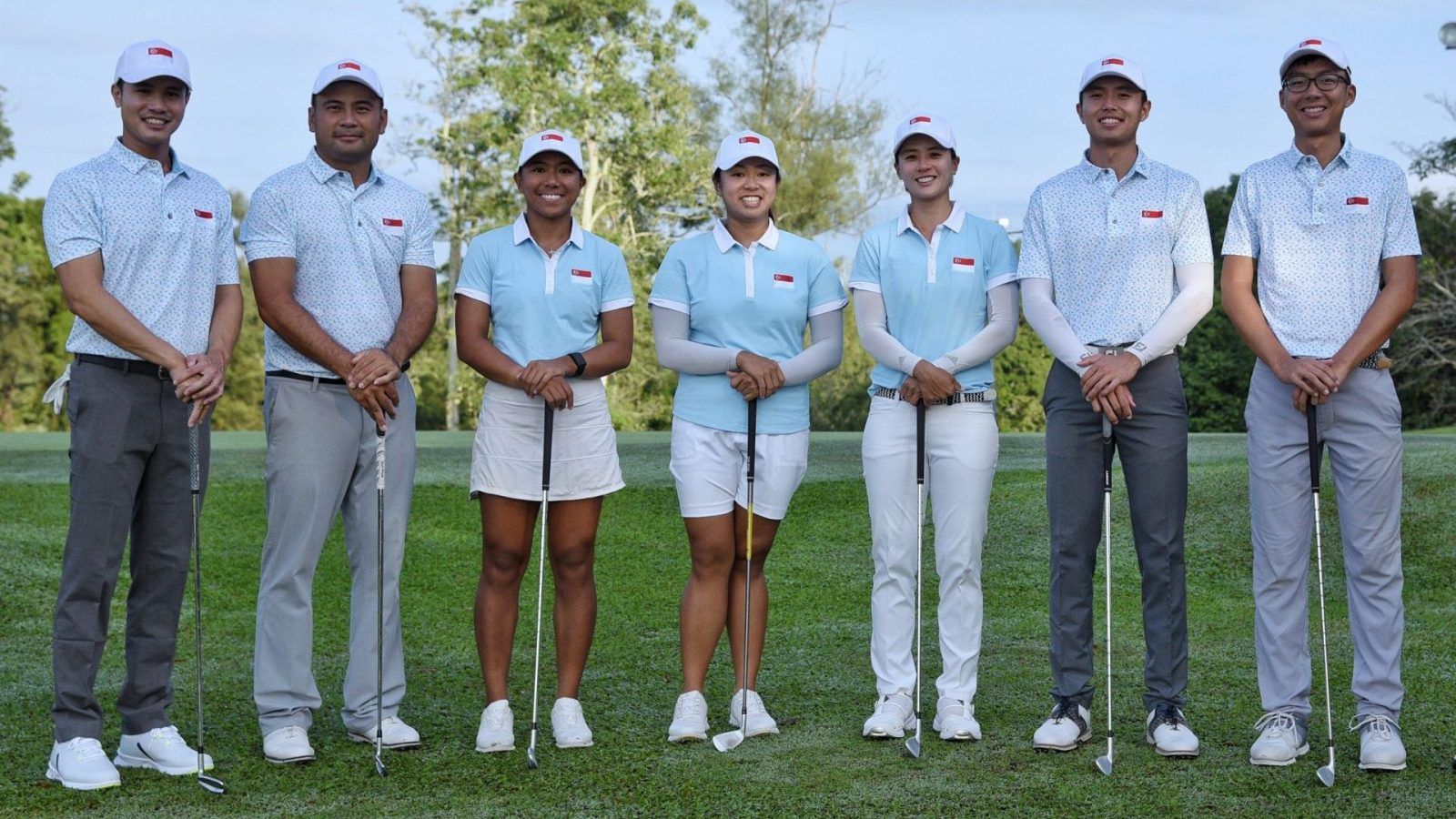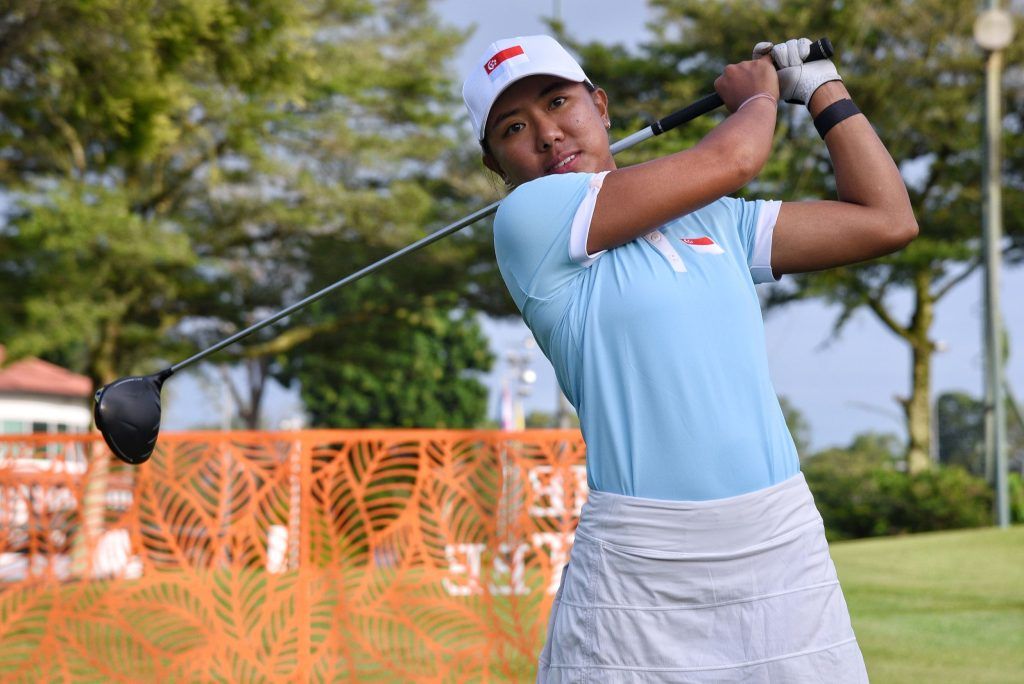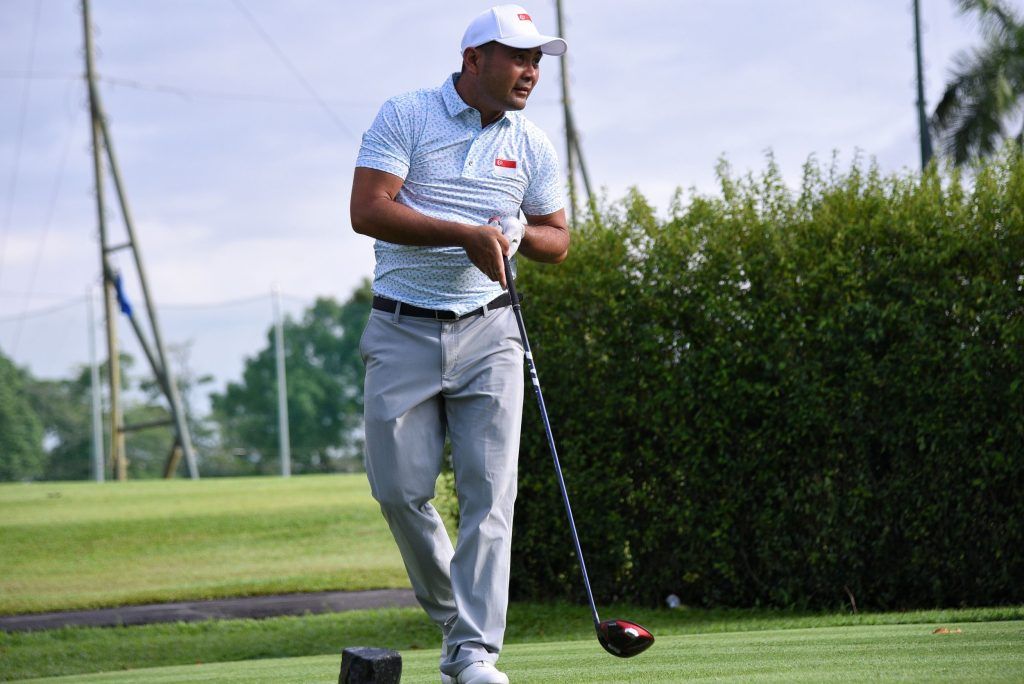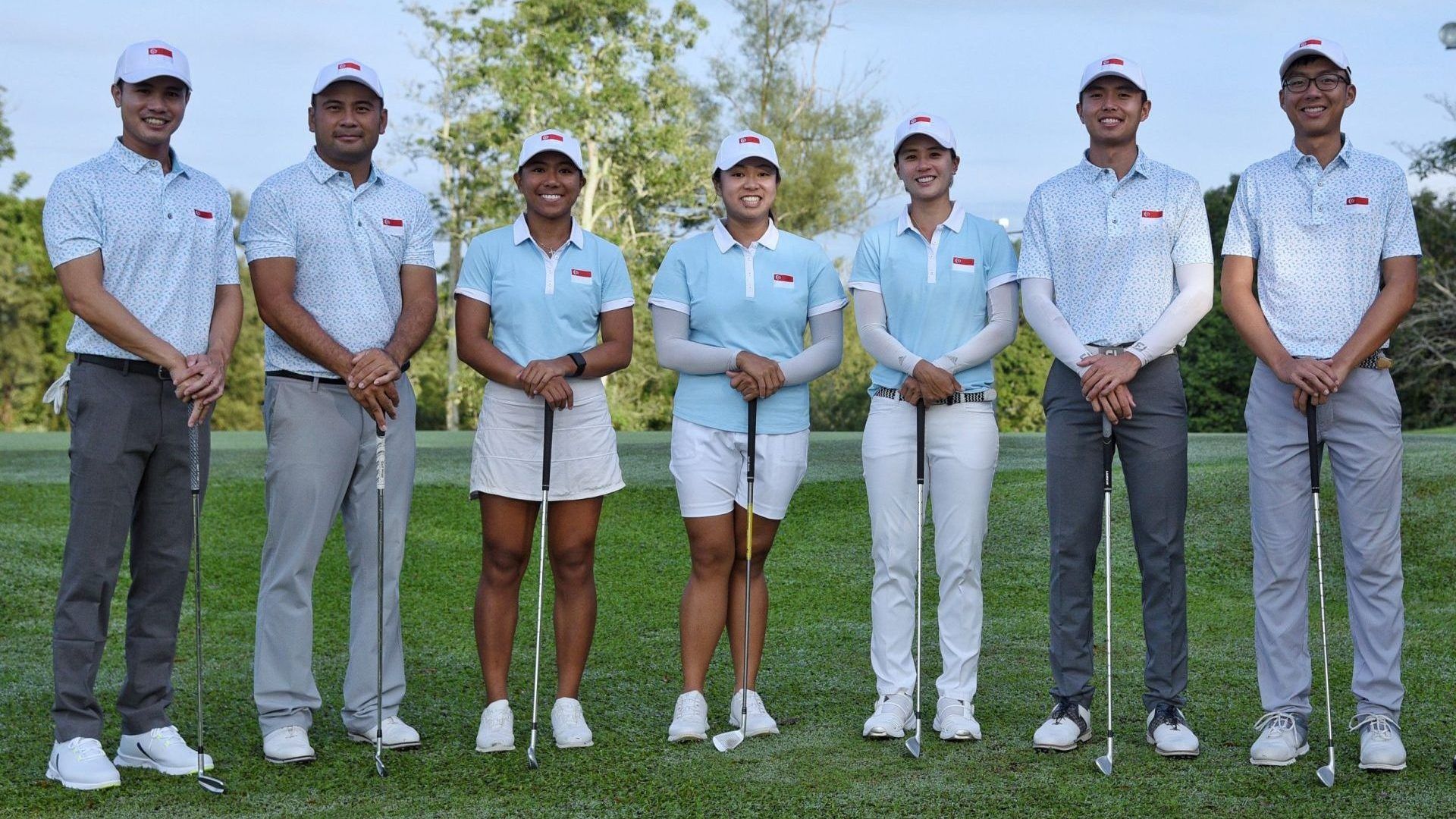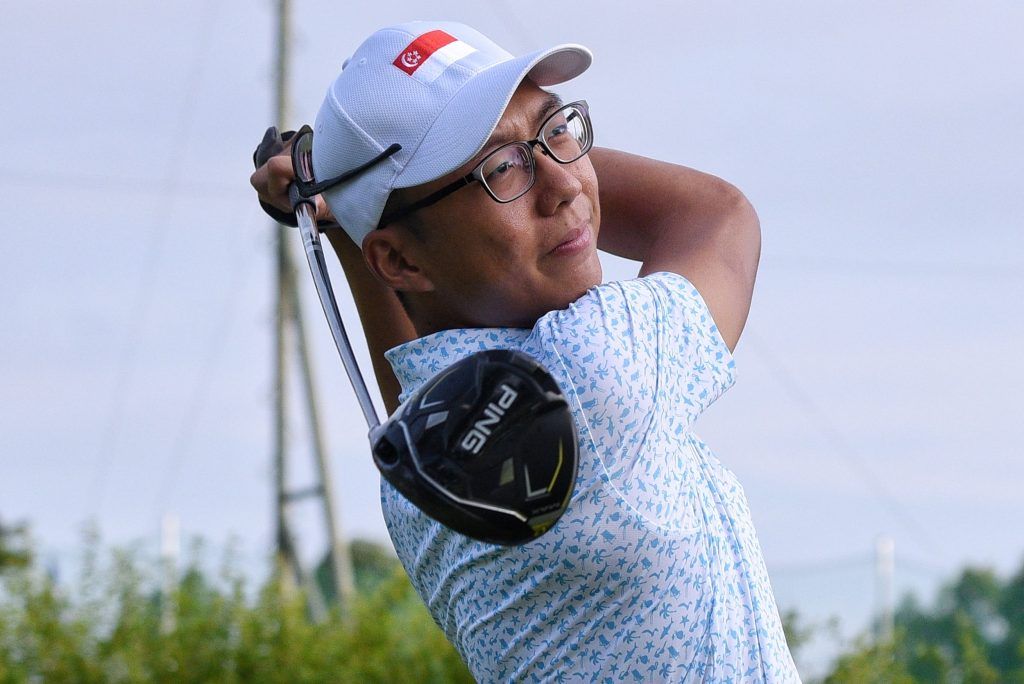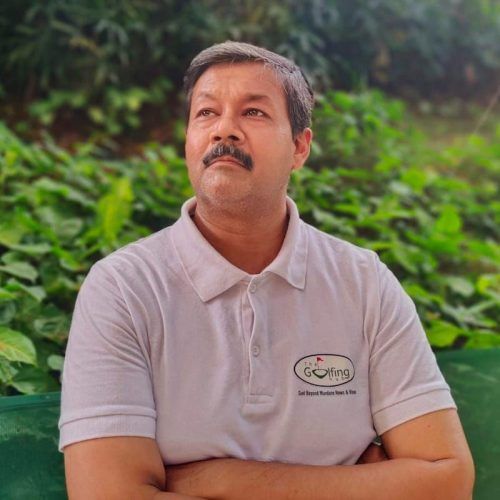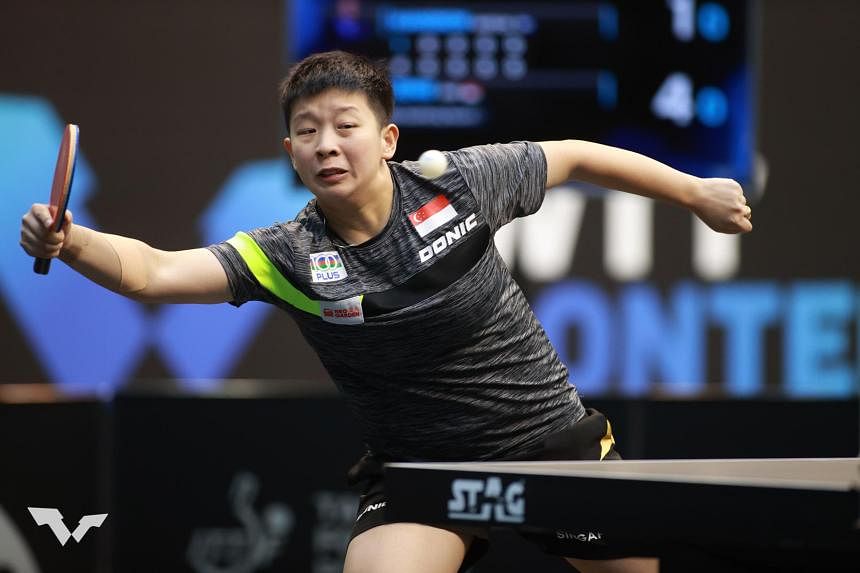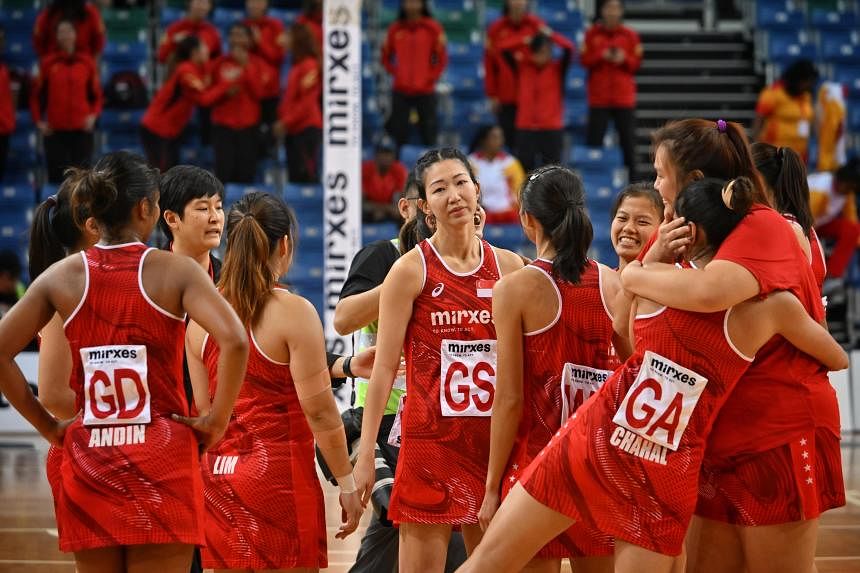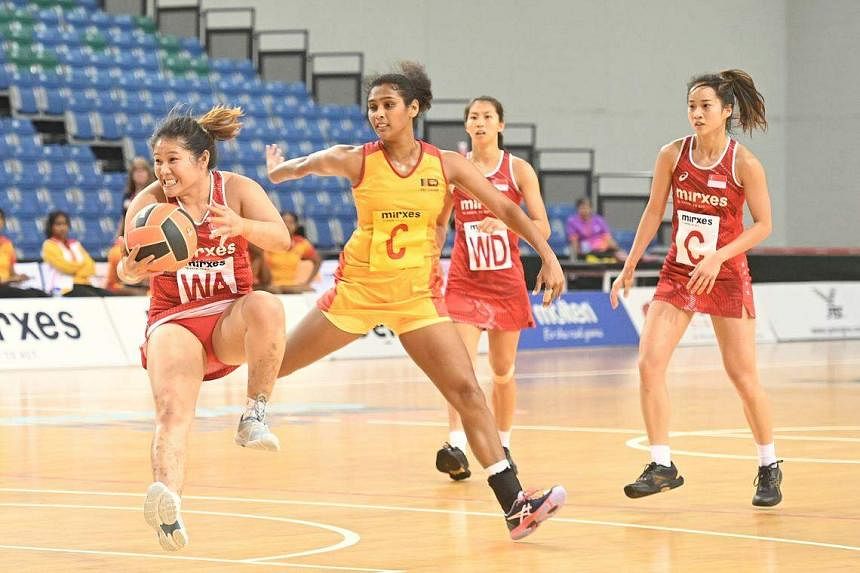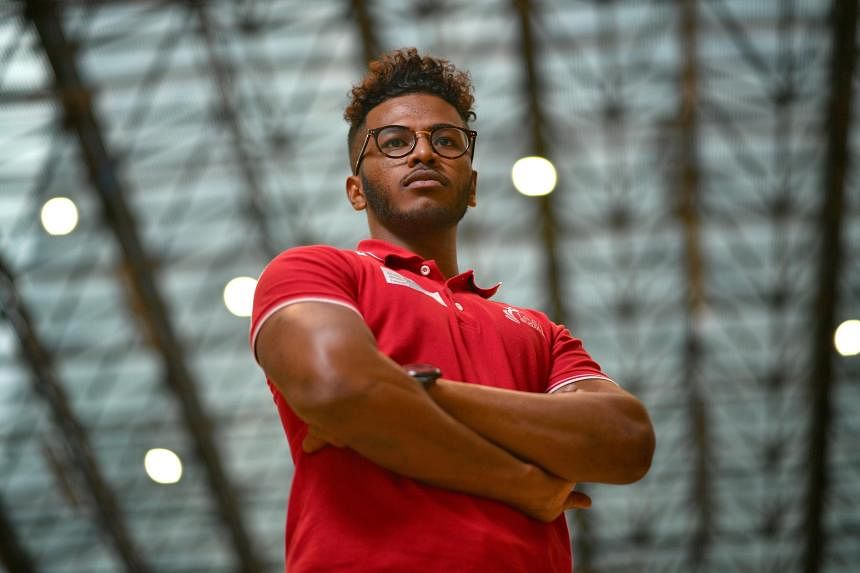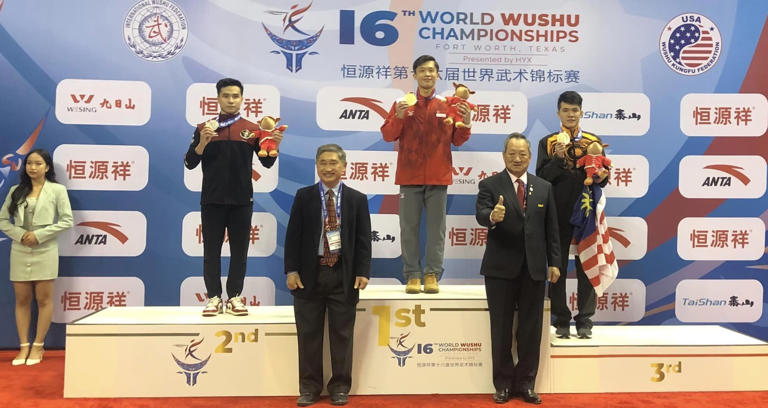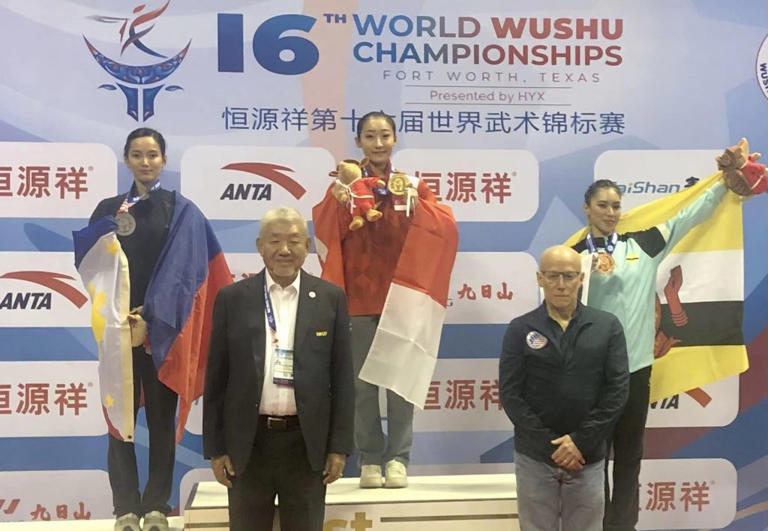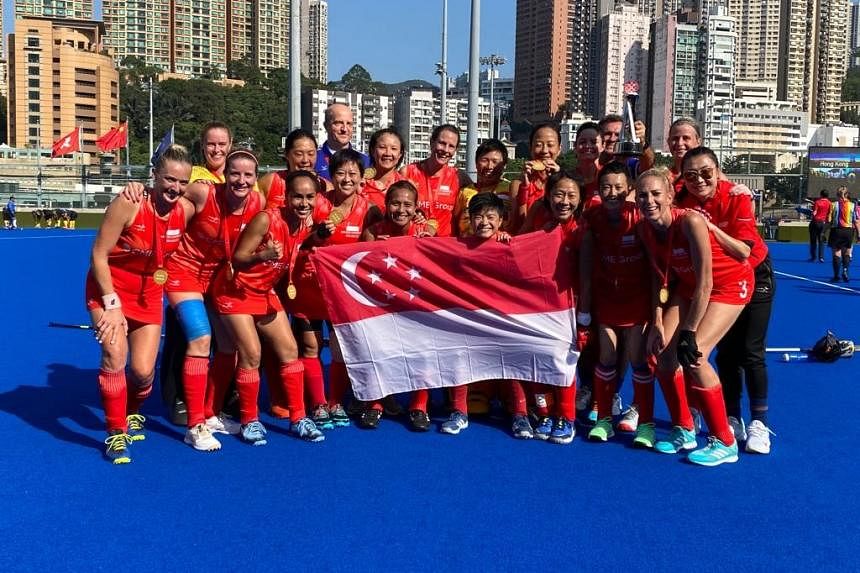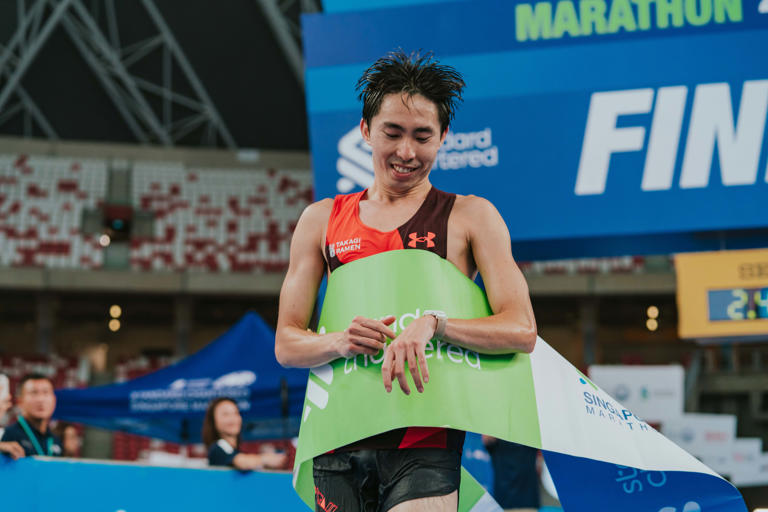Loh
Regular Member
When it first arrived on our shores in 2003, the Japanese club was intended to provide a challenge to local football clubs. Today, however, the club says they seek to contribute more directly to the state of Singaporean football.
This change means they’re subject to the same foreign player limits as other clubs. They’ll also represent Singapore in continental competitions should they qualify.
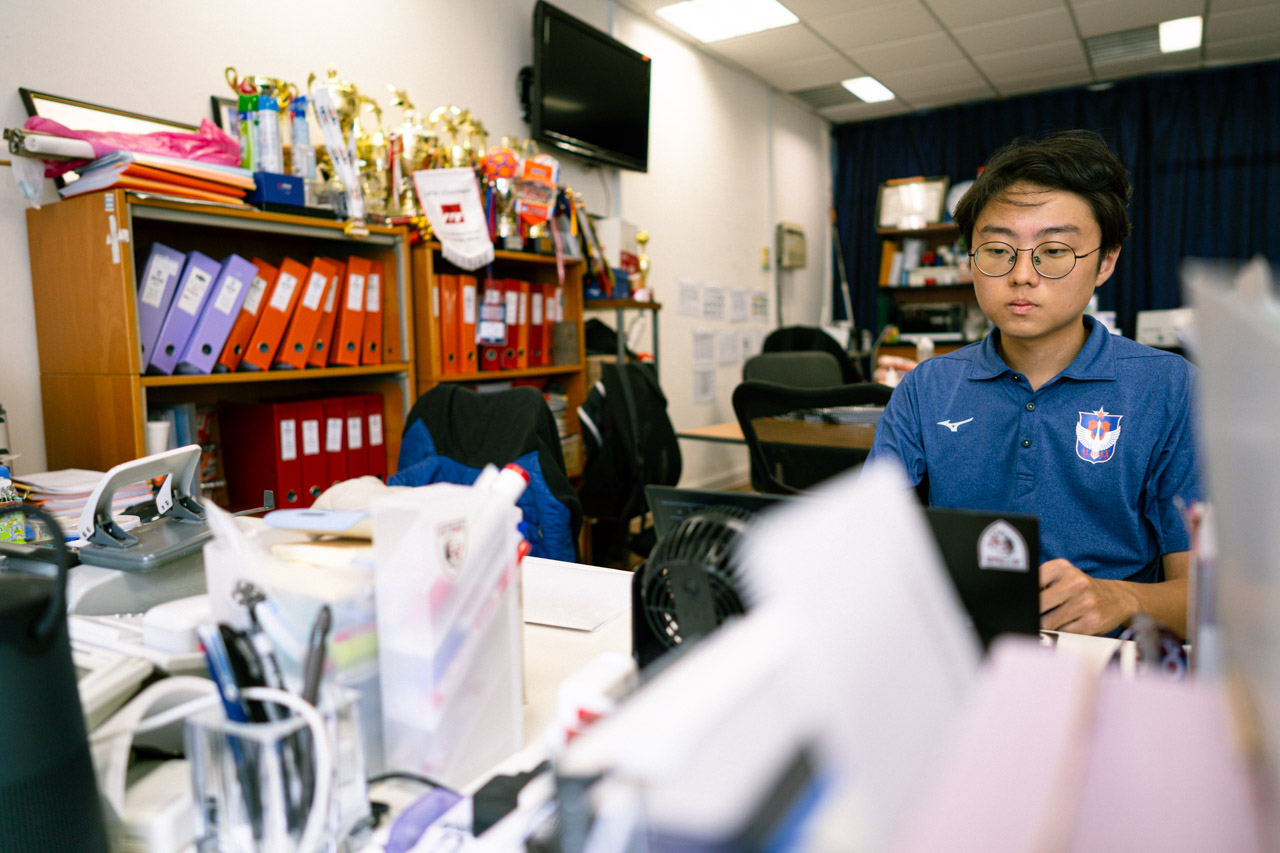
Team Manager Dominic in his office. Image: Stephanie Lee for RICE Media
It spells a drastic overnight overhaul in their lineup, though team manager Dominic assures me the transition will be smooth.
“We’ve had discussions with FAS and UTR (Unleash the Roar, the government body recently set up to work with stakeholders to develop Singaporean football). We’ve been preparing for the past few years.”
He points to Adam Swandi and Ilhan Fandi as proof of Albirex’s track record with local players. “Our connections helped Ilhan play in Belgium,” Dominic explains. “Localisation means we contribute more directly to Singapore’s national team.”
“Within the staff, our general manager, Koh Mui Tee, is Singaporean. Half the technical staff is Singaporean. Our kitmen are Singaporean.”
“We want to develop the footballing ecosystem, benefitting Singaporean football and our club,” Dominic continues.
“We’re providing free coaching workshops to create an environment where coaches are competent, which benefits youngsters.”
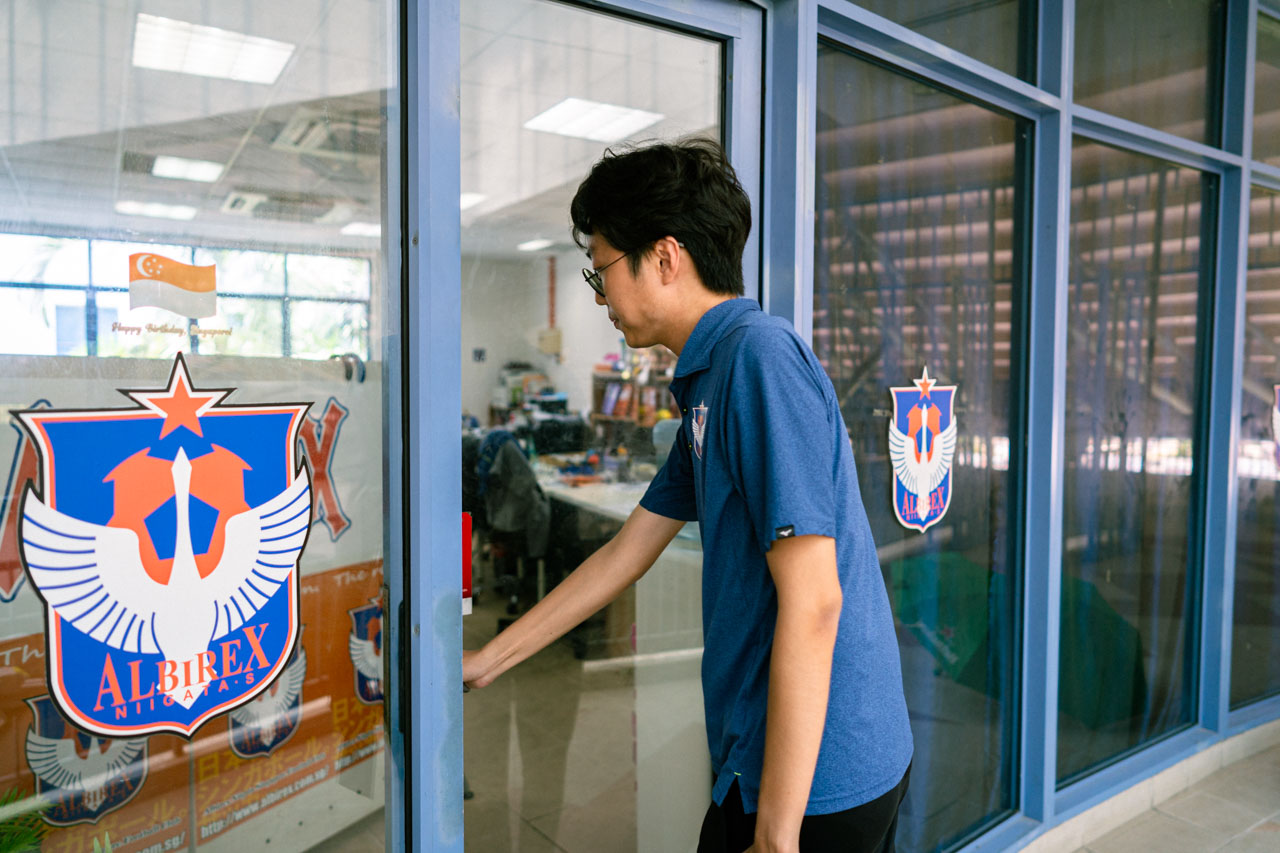
Image: Stephanie Lee for RICE Media
The way the club is set up now makes it clear that Albirex is here to stay for the long term.
“We’re scouting players who embrace our Albirex way—players who can produce entertaining and competitive football. We’re also looking for senior players like Hassan or Lee to guide our younger players. We won’t be a club that plays for the sake of playing.”
Nazrul Nazari, Hougang’s number 4 with 60 appearances for the national team, hurries to the side of the pitch for a drink. Some fans shout, “Come to Albirex, Nazrul!”
The veteran right-back glances over his shoulder and smiles.
The referee blows the game-ending whistle, signalling the end of the Singapore Premier League season. The scoreboard reads 5-0, reflecting Albirex’s on-pitch domination.
The crowd roars in jubilation as team Albirex lifts the league trophy. Fans pour into the pitch to celebrate with the players. Haziq puts a crown on Coach Kazuaki, proclaiming him King Kazu.

‘King Kazu’. Image courtesy of the author
The More Things Change, The More They Stay The Same
Amidst the joy, there’s an undercurrent of fleetingness to the celebrations. Most players will leave by the year’s end.
Tadanari, currently swarmed by hordes of Japanese expats, is retiring. As their contracts expire, Japanese university graduates must seek pastures anew.
“The football level in Thailand or Malaysia is higher. I hope to join a team that provides high-level opportunities,” Goji remarks.
“I wish to return to Japan,” says Shodai. “I want to play at a high level.”
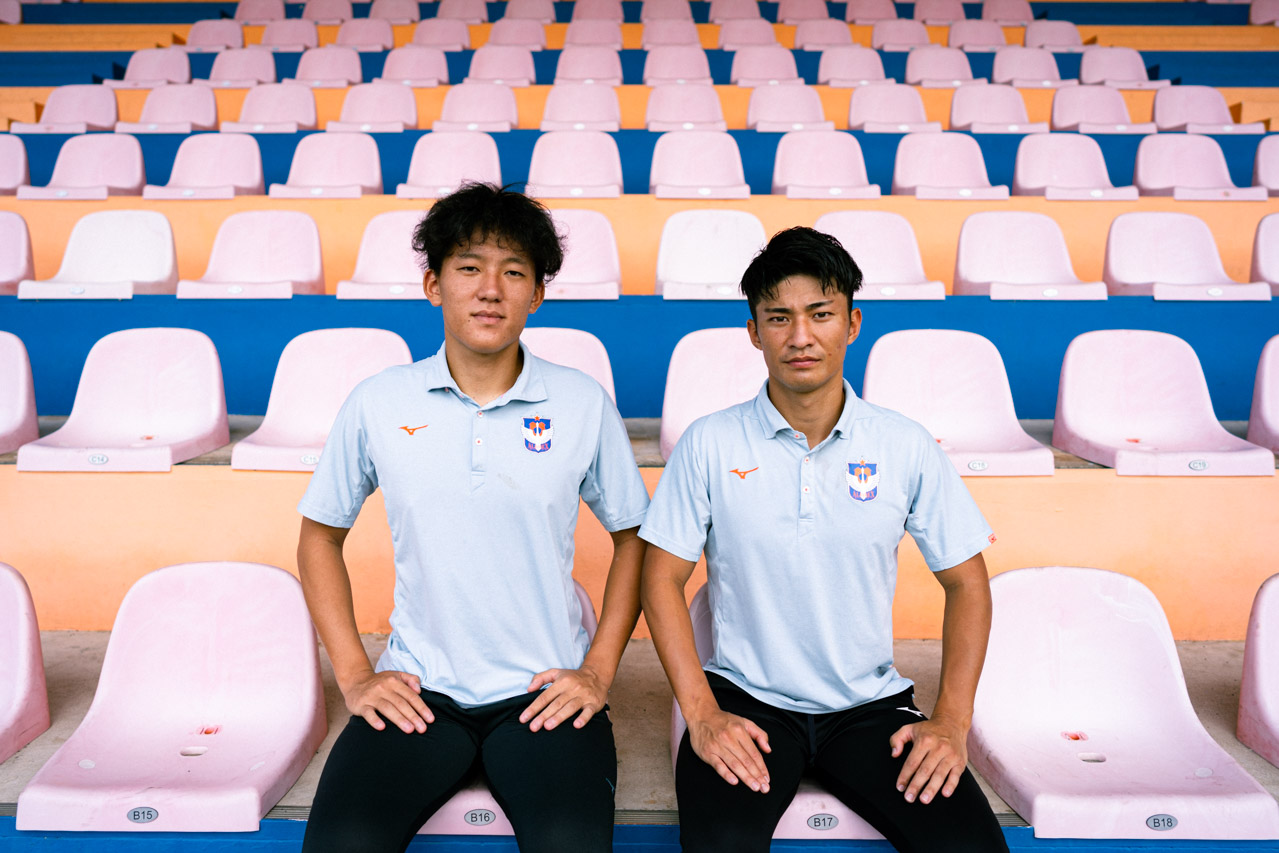
Goji (left) and Shodai (right). Image: Stephanie Lee for RICE Media
The changes to the club aren’t limited to the team roster. “The transition will be difficult,” Dominic offers, “but it’s also rewarding in furthering our existing community engagement and attracting more local fans”.
I ask if Japanese fans or sponsors might tune out with increasing localisation. “No,” Dominic affirms.
“We want to show we’re competitive and play attractive football. We still have our system of soccer and cheer schools. Our marquee foreign players will likely be Japanese.”
Haziq and Amir are optimistic.
“The formula of discipline, the pedigree, the system is there, regardless of who’s playing. Our youth teams and our women’s team, all local, are doing well. Look at how Ilhan, Fandi Ahmad’s son, came here. Young players who want to play good football will come. Doing it with local West boys will only raise spirits. I believe we’ll still compete.”

Image: Stephanie Lee for RICE Media
How do club changes figure into attempts to change the larger Singaporean football landscape? Dominic tells me that they’ll leave that issue to FAS—Albirex can only do what it can for now.
Amir says that the establishment of UTR appears promising. The changes to Albirex seem aligned with UTR’s attempts to improve the local football development system through broadening access, improving coaching and—in typical Singaporean fashion—offering overseas scholarships to the most promising prospects.
But amongst fans, there is also scepticism: UTR isn’t the first government-led initiative aspiring towards World Cup qualification. While fans understand long-term projects can only be judged after some time, there are rumblings about accountability in the present. There are rumours of friction regarding club football: UTR plans to privatise the Singapore Premier League and have the SPL come under UTR’s purview from last year appear to be delayed.
“UTR was set up because FIFA rules mean the government can’t directly intervene in the FAS,” claims Amir. As fans, they can only hope this uneasy marriage will bear fruit.
The brothers, on their part, say they’ll continue promoting their team and, by extension, local football.
The floodlights dim, and the waxing crescent moon hangs above Jurong East Stadium. I thank Haziq for his hospitality.
“Don’t worry about it,” he smiles. “This is the spirit of Albirex. We are family.”
This change means they’re subject to the same foreign player limits as other clubs. They’ll also represent Singapore in continental competitions should they qualify.
Team Manager Dominic in his office. Image: Stephanie Lee for RICE Media
It spells a drastic overnight overhaul in their lineup, though team manager Dominic assures me the transition will be smooth.
“We’ve had discussions with FAS and UTR (Unleash the Roar, the government body recently set up to work with stakeholders to develop Singaporean football). We’ve been preparing for the past few years.”
He points to Adam Swandi and Ilhan Fandi as proof of Albirex’s track record with local players. “Our connections helped Ilhan play in Belgium,” Dominic explains. “Localisation means we contribute more directly to Singapore’s national team.”
“Within the staff, our general manager, Koh Mui Tee, is Singaporean. Half the technical staff is Singaporean. Our kitmen are Singaporean.”
“We want to develop the footballing ecosystem, benefitting Singaporean football and our club,” Dominic continues.
“We’re providing free coaching workshops to create an environment where coaches are competent, which benefits youngsters.”
Image: Stephanie Lee for RICE Media
The way the club is set up now makes it clear that Albirex is here to stay for the long term.
“We’re scouting players who embrace our Albirex way—players who can produce entertaining and competitive football. We’re also looking for senior players like Hassan or Lee to guide our younger players. We won’t be a club that plays for the sake of playing.”
Nazrul Nazari, Hougang’s number 4 with 60 appearances for the national team, hurries to the side of the pitch for a drink. Some fans shout, “Come to Albirex, Nazrul!”
The veteran right-back glances over his shoulder and smiles.
The referee blows the game-ending whistle, signalling the end of the Singapore Premier League season. The scoreboard reads 5-0, reflecting Albirex’s on-pitch domination.
The crowd roars in jubilation as team Albirex lifts the league trophy. Fans pour into the pitch to celebrate with the players. Haziq puts a crown on Coach Kazuaki, proclaiming him King Kazu.
‘King Kazu’. Image courtesy of the author
The More Things Change, The More They Stay The Same
Amidst the joy, there’s an undercurrent of fleetingness to the celebrations. Most players will leave by the year’s end.
Tadanari, currently swarmed by hordes of Japanese expats, is retiring. As their contracts expire, Japanese university graduates must seek pastures anew.
“The football level in Thailand or Malaysia is higher. I hope to join a team that provides high-level opportunities,” Goji remarks.
“I wish to return to Japan,” says Shodai. “I want to play at a high level.”
Goji (left) and Shodai (right). Image: Stephanie Lee for RICE Media
The changes to the club aren’t limited to the team roster. “The transition will be difficult,” Dominic offers, “but it’s also rewarding in furthering our existing community engagement and attracting more local fans”.
I ask if Japanese fans or sponsors might tune out with increasing localisation. “No,” Dominic affirms.
“We want to show we’re competitive and play attractive football. We still have our system of soccer and cheer schools. Our marquee foreign players will likely be Japanese.”
Haziq and Amir are optimistic.
“The formula of discipline, the pedigree, the system is there, regardless of who’s playing. Our youth teams and our women’s team, all local, are doing well. Look at how Ilhan, Fandi Ahmad’s son, came here. Young players who want to play good football will come. Doing it with local West boys will only raise spirits. I believe we’ll still compete.”
Image: Stephanie Lee for RICE Media
How do club changes figure into attempts to change the larger Singaporean football landscape? Dominic tells me that they’ll leave that issue to FAS—Albirex can only do what it can for now.
Amir says that the establishment of UTR appears promising. The changes to Albirex seem aligned with UTR’s attempts to improve the local football development system through broadening access, improving coaching and—in typical Singaporean fashion—offering overseas scholarships to the most promising prospects.
But amongst fans, there is also scepticism: UTR isn’t the first government-led initiative aspiring towards World Cup qualification. While fans understand long-term projects can only be judged after some time, there are rumblings about accountability in the present. There are rumours of friction regarding club football: UTR plans to privatise the Singapore Premier League and have the SPL come under UTR’s purview from last year appear to be delayed.
“UTR was set up because FIFA rules mean the government can’t directly intervene in the FAS,” claims Amir. As fans, they can only hope this uneasy marriage will bear fruit.
The brothers, on their part, say they’ll continue promoting their team and, by extension, local football.
The floodlights dim, and the waxing crescent moon hangs above Jurong East Stadium. I thank Haziq for his hospitality.
“Don’t worry about it,” he smiles. “This is the spirit of Albirex. We are family.”
Last edited:

